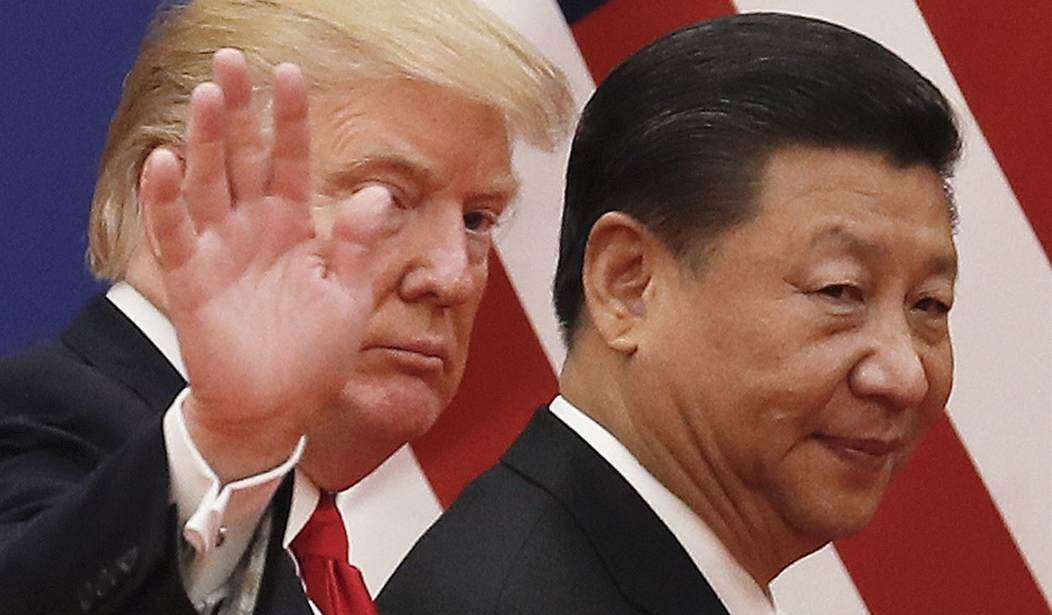As President Trump’s renewed threat to impose 25 percent tariffs on $200 billion in Chinese goods rattles global markets, three realities take center stage. Global markets are looking to see if the White House understands them. If so, bring on the bulls. If not, beware the bears.
First, if this deal becomes heavier on short-term politics than meaningful first steps toward structural reform in the US-Chinese economic relationship, the deal should be shelved. Juice will not be worth the squeeze.
If the deal devolves into heaps of soybeans and cotton for China, but no stopping of forced technology and intellectual property transfers, no reduced auto tariffs, no return to fairness at the World Trade Organization, no permanent curbs on currency manipulation, and no structural reform, the photo-op won’t be worth the trade flop.
Second, if big steps toward structural realignment do appear in the agreement, along with measurable American trade advantages, Democrats and Republicans should consider fast-tracking it – but only if enforcement mechanisms make these terms real. This part is hard, since China is a communist country used to dictating not cooperating, and as the world’s No. 2 economy, holding many USA bonds, has some leverage.
As the world’s No. 1 economy – growing faster than most – the United States has leverage, including the ability to turn off lights on China’s 5-G rollout and “Belt and Road” initiatives in many parts of the world. That leverage should be used to insert as much accountability as possible. For this agreement to stick, enforcement must be non-negotiable.
Recommended
Third, at the nation-to-nation level, trade is never just about trade. It is also about comparative and competitive advantage, preserving national and mutual security, sustaining or raising living standards, and protecting the populations of both countries.
For the United States to come out a winner, this means not just equalizing trade terms and assuring enforceability, but expressly protecting American labor, preventing security risks like engineering theft and espionage, creating mutual dependence in maritime and space venues, and turning off illicit drug exports like fentanyl to the United States.
In short, despite market nervousness, this China deal could be big, structural, enforceable, and layered in market-popping ways we have not seen in decades – if ever. On the other hand, it could come to nothing more than tart tweets, soybeans and 2020 politics. Let’s hope for the best, give market rattling a rest, and see what emerges. We should know soon, one way or the other.
























Join the conversation as a VIP Member